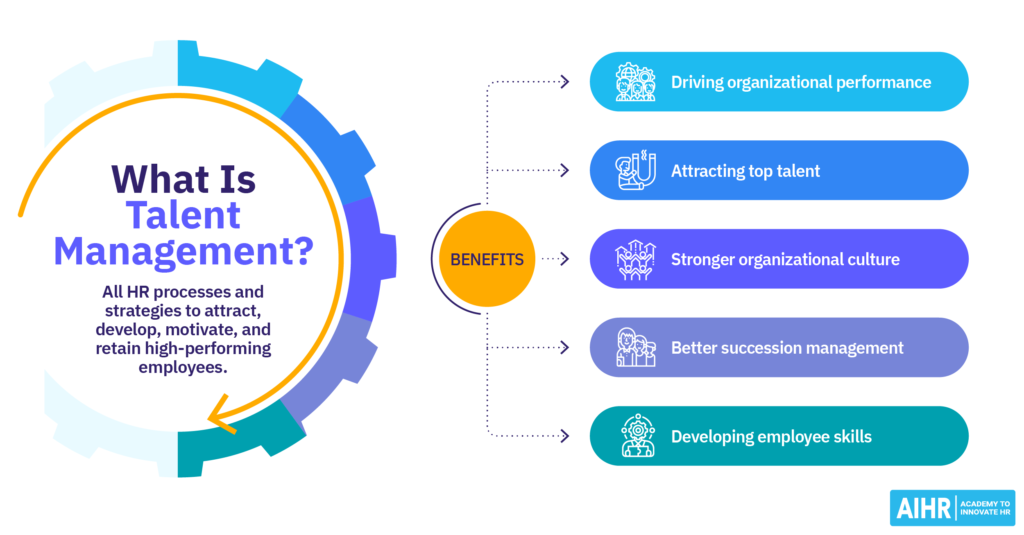Middle child syndrome” may not be a formal mental health diagnosis but it can sum up a middle child’s experiences pretty well. Middle children can feel neglected, which can lead to some distinct personality traits.
Like all children, middle children will have unique needs that may be compounded by their birth order. For instance, they could feel like they’re in the shadow of an older sibling or like they don’t get the attention that the youngest does. Middle children can feel excluded and misunderstood.
For example, older children tend to be more reliable and conscientious. They might have Type A personalities and lean towards perfectionist tendencies, probably because first-time parents act extremely “by the book” and devote undivided attention to them.
What is Middle Child Syndrome?
Middle child syndrome is often used to describe the developmental impact of being born in the middle of one or more children.
This developmental impact can result in certain personality traits or quirks in middle children. The stereotype is that a middle child might feel overlooked or neglected compared to their older and younger siblings. They might be looked at as a misfit in the family.
However, not every middle child will exhibit the same characteristics. It’s important to consider parenting style, family dynamics and individual personalities. All of this will play a big role in how a middle child develops and whether or not they develop middle child syndrome.
The Impact of Birth Order
Birth order can significantly influence an individual’s personality, social relationships and life outcomes. The position of a middle child in the family can affect their personality traits and life outcomes, as they are often not seen as the family’s favorite child.
Study made us understand that middle children often develop a stronger sense of independence than their siblings, as they need to stand from the crowd. This independence can lead to the development of unique personality characteristics, such as maladaptive perfectionism and emotional stability.
Middle children can also be more adaptable and flexible than other siblings due to their placement in the family. As they are not at the center of attention, they tend to be more understanding of the needs of others and can learn to navigate a wide range of social situations. This adaptability can help in future relationships in the workplace and personal life.
Also, middle children often have a unique view of the world, as they are not the oldest or youngest in their family. This can lead to a different perspective on life and how to approach certain issues.
They often can think outside the box and devise creative solutions to problems. It is important to remember that everyone in a family is unique and has different needs.
Each child should be given equal attention and opportunities to develop their personality and skills. Such measures can help ensure that middle children are not unfairly disadvantaged due to their birth order placement.
Where does the middle child fit in?
Middle children are probably not praised like their older siblings or coddled like their younger ones, which may make them feel excluded or neglected. This phenomenon, called middle child syndrome, may also leave them without a sense of place within the family.
A middle child may think no one understands them or listens to what they say, which probably makes them feel neglected.
Middle Child Syndrome Characteristics

- Middle children may either act rebellious or try to please people. Their behavior may be partially based on their older sibling’s personality.
- Middle children also tend to be more agreeable and mild-mannered since they must often compromise throughout life. “A lot of the time, middle children end up deferring to the oldest wants and the youngest needs”. This helps them become more independent and maintain realistic expectations. As the birth order theory suggests, middleborn children tend to be class clowns, seeking attention from their parents to compensate for their feelings of neglect.
- Middle children tend to seek more relationships outside of the family; they often have large social circles and close-knit friendships.
- Middleborn children possess a unique set of characteristics that make them stand out from the rest of their siblings. They often have increased adaptability, a strong sense of independence and a need for a strong parental relationship. Furthermore, birth order theory traits such as empathy, compromise and the ability to act as a mediator are often found in middleborn children. These traits provide an understanding of the middle child syndrome, allowing middleborn individuals to thrive and succeed.
How to Handle Middle Child Syndrome Behavior
The middle-born child needs to experience acceptance for exactly who they are. Here are some tips for counteracting middle child syndrome.
1. Don’t Leave Them Out
Give your middle child enough attention so they don’t feel the need to act out. By lavishing praise for their incredible easel paintings, your middle child will be less inclined to finger-paint Picassos all over the living room wall to get you to notice them.
2. Make their achievements a big deal
After going through the whole firstborn circus of achievements, it’s not quite as exciting when your second-born (or third, fourth or fifth-born) gets a gold star for their book report. Reassure your child with phrases like “you are part of the family,” but also recognize their individual accomplishments as ones worth celebrating.
3. Offer reassurance
If your child makes a mistake, emphasize that their punishment is not related to their siblings and it doesn’t change the fact that you still care about them. Explaining the reason behind the punishment is especially crucial when dealing with a middle-born child, who might already feel lost in the mix.
4. Maintain open communication
Even if your middle child is feeling ignored, they may not say anything. To solve this, “Talk to them about the experience of being the middle kid,” You can tell them that sometimes it’s hard because we have to take care of the baby and your older brother is preparing for high school. If you feel left out, talk to us. Tell us, ‘I need attention.’” This will make the middle child feel included in the family.
5. Encourage differences
While it’d be nice for your middle-born child to follow in their siblings footsteps, it’s a breeding ground for potential feelings of animosity and inferiority. Instead, encourage your middle child to find their own niche, whether it’s academic, athletic or artistic. In fact, “middle children often become artistic because it’ll give them a unique spot in the family, particularly if the oldest one is good in school.”
6. Capture the memories
Be sure the family photo album has its share of pictures of your middle child.” Don’t let them fall victim to the stereotyped fate of seeing thousands of pictures of the older brother or sister and only a few of themselves. And be sure you take some of your middle born alone, not always with big brother or little sister.”
What are the Common Signs of Middle Child Syndrome?
Every middle sibling (and every individual in general) is different. Everyone has a unique set of characteristics and personality traits. Also, these traits aren’t inherently bad.
“ Some signs of middle child syndrome may include:
1. Feeling overlooked by family
Middle-born children may feel overlooked by their parents due to the developmental needs of their siblings and the family’s changing resources. They may feel like their parents pay more attention to their younger or older siblings.
2. Independence
As a result of feeling overlooked by family members, middle children may be self-reliant and struggle to ask for help and support from others. This could include struggling to ask a parent for help.
3. Trying to keep the peace
The middle child can end up figuratively and literally in the middle. “They find themselves in the middle of various situations, molding them into the family peacemaker.”
4. Feeling like they don’t belong
Due to their place in the family, they might have a sense that they don’t belong. This could mean in the family, amongst their peers, or both.
5. Sociable
Middle children may be more social. However, they might have low social batteries and feel like they always have to be “on.”
6. Relating more to people of other ages
Middle children may struggle to make meaningful connections with same-age peers. Instead, they might find themselves getting along easier with people who are younger or older than them.
How can middle child syndrome affect adults?
Being a middle child can affect your attachment style in relationships in adulthood. Since the middle child is impacted during childhood, they tend to carry these traits into adulthood.
While there are positive traits, there are also negative traits, such as having an all-or-nothing mindset. Many adult middle children end up being extremely independent, showing fearful-avoidant attachment within relationships.
A middle child can exhibit co-dependence within a relationship, mirroring childhood behaviors such as giving all of their love and attention to an individual who does not reciprocate.
Due to all of their childhood experiences, some common traits a middle child might carry into adulthood include:
- Being a peacemaker or mediator
- Having strong relationships with people outside of the family
- Easygoing
- Independent
- Self-motivated
- Successful in their careers
Conclusion
Middle child syndrome is often used to describe how middle children might have different experiences in the way they were treated throughout their childhood. While every middle child’s upbringing consists of distinct circumstances, there is evidence of similar behavioral patterns among them.
It can be difficult to navigate, with feelings of neglect, low self-esteem and difficulty fitting in. However, with the right support, overcoming the challenges and learning to thrive is possible.
By understanding the impact of birth order on a child’s development, parents and caregivers can provide the guidance and support needed to help them build a sense of self-esteem and self-confidence.
With the right mindset and support, middle children can learn to break free from the invisible chains of the middle-child syndrome and create a life of fulfilment and success.




